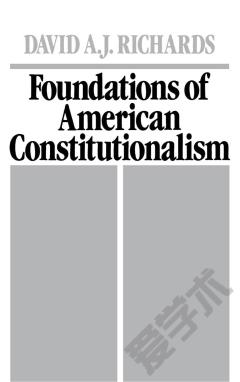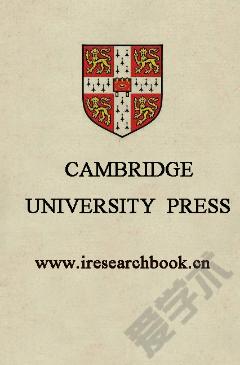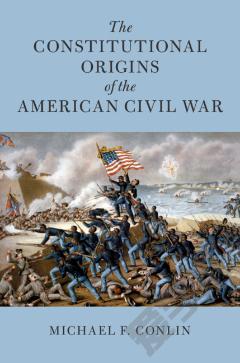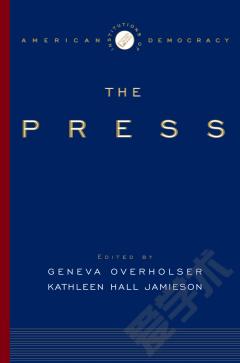Foundations of American Constitutionalism
In writing the constitution, the Founders combined a Lockean theory of politically legitimate power with the political science they had learned from Machiavelli, Harrington, Hume, and Montesquieu to articulate a new conception of constitutional argument. Examining the Founders' humanist analytical methods and working assumption, this book combines history, political philosophy, and interpretive practice as it demonstrates an alternative exegesis of the Constitution. It clarifies a wide range of interpretive issues of federalism, enumerated rights (religious liberty and free speech), unenumerated rights (the constitutional right to privacy), and equal protection.
{{comment.content}}








 京公网安备 11010802027623号
京公网安备 11010802027623号